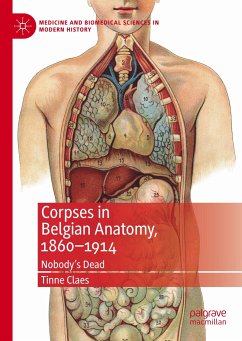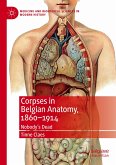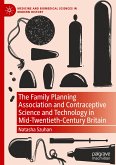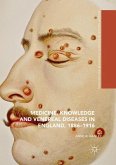This book tells the story of the thousands of corpses that ended up in the hands of anatomists in the late nineteenth and early twentieth centuries. Composed as a travel story from the point of view of the cadaver, this study offers a full-blown cultural history of death and dissection, with insights that easily go beyond the history of anatomy and the specific case of Belgium. From acquisition to disposal, the trajectories of the corpse changed under the influence of social policies, ideological tensions, religious sensitivities, cultures of death and broader changes in the field of medical ethics. Anatomists increasingly had to reconcile their ways with the diverse meanings that the dead body held. To a certain extent, as this book argues, they started to treat the corpse as subject rather than object. Interweaving broad historical evolutions with detailed case studies, this book offers unique insights into a field dominated by Anglo-American perspectives, evaluating the similaritiesand differences within other European contexts.
"Tinne Claes has written a wonderful study on anatomy in fin-de-siècle Belgium. This book is certainly greater than its parts and will provide intellectual sustenance and great pleasure to all those who read it. ... What Claes has produced is a fascinating, thought-provoking and extremely valuable contribution to our understanding of the development of the modernist society in the Western World which forms the basis for most current debates about what it is to be a social human." (Ross L. Jones, Metascience, Vol. 30, 2021)








